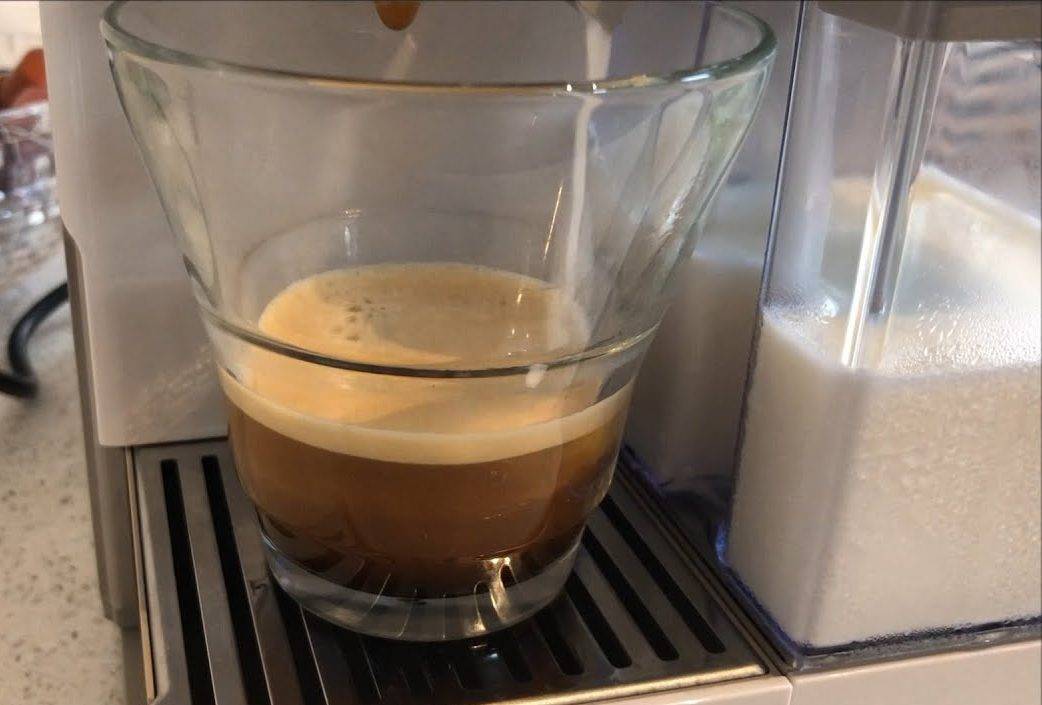How Long Does It Take For Your Nespresso Subscription to Be Approved?
If you’ve ever wondered how long it takes to have your Nespresso subscription approved, you’re not alone. The Nespresso company is not like other coffee subscription services that charge a one-time fee for a one-year subscription. There are many benefits to subscription services. After all, they do a lot more than provide coffee, which is why it’s worth every penny.
10 years
If you’re new to the concept of a Nespresso subscription, you should know that these machines take a decade to develop. Nestle headquarters has a small museum dedicated to the history of the Nespresso coffee machine. Early prototypes were Rube Goldberg machines, with giant tanks, pumps, and tubes. Even though the coffee machine took a decade to develop, it has since become a hot favorite for many people.
Despite its scale, experience, and buying power, the Nespresso brand has been under attack from coffee-brewing competitors and increasingly fussy coffee lovers. In response to these challenges, the coffee-making company has hid behind the curtains and stopped releasing sales figures. Instead, its results are buried in Nestle reports, so there’s no way to know exactly how many subscriptions are being approved.
30% recycling rate
Fortunately, the capsules that come with your Nespresso subscription are recyclable. Even if they are not, the company has made it easy to recycle them, and its recycling program is widely available. However, the company does not reveal what percentage of its capsules are recycled. If you love your one-touch coffee maker, you might not feel obligated to collect capsules and send them to a recycling facility for four months.
The Nespresso recycling program is an industry-wide initiative, which is effective in addressing both issues. The company has worked with organizations like Planet Ark to increase consumer awareness about recycling. The company has also launched a recycling program for aluminium capsules, which can be dropped off at over 100,000 drop-off points. But before this recycling program can be expanded to other countries, Nespresso must first obtain approval from each municipality.
While aluminum capsules can be recycled, it does not make any sense to send them to a landfill. Aluminium is recyclable, but it takes more than 450 years to decompose. In addition, the aluminium capsules are less heavy than the other pods. Nespresso says that recycling a third of its aluminum pods will save the environment. Nespresso is committed to reducing its carbon footprint by 10% per cup by 2020.
The company’s efforts to promote recycling are paying off. In addition to advertising programs, Nespresso also promotes reusable coffee pods, which are 100% compostable in North America. However, this method does not work well in a home environment, which is why the company can’t claim a 100% recycling rate for their coffee pods. Meanwhile, more environmentally conscious competitors are stealing their share of the Nespresso market.
Patents
Nestle has been fighting its competitors in court for years to make their single-dose coffee machines and the Nespresso system. The company holds hundreds of patents on the machine and the interface it uses to deliver espresso. While Nestle didn’t actually tell its customers which machine to buy, it did manage to cultivate a network of manufacturers that use Nespresso machines. In Europe, Nestle lost a case that centered on its ability to control the single-dose coffee market. It also changed the design of the machines, costing Ethical Coffee millions of dollars.
Nestle has since lost the patent on the Pixie coffee maker. The company can appeal this decision when the minutes of the hearing are released. Until then, it has been one of the fastest-growing brands in the world. However, there are still many other competitors who are trying to replicate the system and compete with it. As such, it is crucial that Nespresso address customers’ concerns and ward off the growing number of niche businesses.
The company has also lost its bid for administrative review of the patents. A lawsuit was filed against the company by Kruger GmbH & Co. KG unit K-fee System, which has a strong reputation in the coffee market. Despite this, the Patent Trial and Appeal Board rejected Nespresso’s invalidity arguments. In addition, the patent trial and appeal board noted that Nespresso’s arguments raised the same issues as a patent examiner.
Nespresso has built its business model on an ecosystem, which orchestrates a network of companies from different industries. The firms involved work together to set standards and platforms and develop links that make it difficult for outsiders to break into the ecosystem. This approach is not only effective in keeping customers engaged, but it can also increase sales. However, it must be understood that consumers are still reluctant to spend money on coffee that they can get at a better price online or at a nearby Nespresso store.
Quality
One of the best parts of a Nespresso subscription is its sustainability initiatives. Nespresso highlights its rainforest alliance partnership and AAA sustainable quality. It also offers recycling services for its capsules. Because customers are increasingly environmentally conscious, this company has recognized the value of being eco-friendly. This is reflected in its ads. The company knows how to appeal to consumers’ concerns while keeping costs as low as possible. However, there is still room for improvement.
Another great thing about a coffee subscription is its convenience. Make sure that the subscription service delivers your coffee at least monthly, and preferably on a regular basis. Also, check how well the coffee is packaged during transit. While a poorly packaged coffee loses quality in transit, Nespresso’s delivery service ensures your drinks stay fresh and full of flavour, even after long trips. In addition, the delivery service is free of charge.
Nespresso is an excellent option for customers who work from home. It offers an omni-channel experience, making online and offline purchasing equally convenient. The company has invested in its stores and aims to create an online and offline experience that rivals the brand’s online experience. This means more choice for customers and increased sales for the company. It also gives customers a great way to stay organized and focused. There are numerous benefits to being a Nespresso subscriber.
Adoption rates
As coffee consumption increases, so does the competition, and Nespresso is no exception. This company underestimated the competition in the US, and now it faces stiff competition from cheap, competitive coffee capsules, higher-end purveyors of small batch coffee, and expensive in-home professional coffee machines. But despite these headwinds, the company has managed to capture a certain vibe that consumers crave for at home: good coffee.
In addition to boosting customer acquisition and retention, Nespresso also uses the subscription model to streamline performance through repeat purchases. In 1990, the company had over 2,700 members in Britain and Germany, and in 2000, in the United States. In addition to direct sales, the company operates retail boutiques in key global locations. It also uses its Club database to keep track of new members. Moreover, it uses its network of 270 boutiques across the world to reach out to customers around the world.
The company has also rolled out a new retail concept in the form of a Nespresso Cube, a fully automated boutique where customers can watch robots process their orders. As part of its new strategy, the company also announced a new CEO: Guillaume Le Cunff, who had previously worked in the company’s sustainability initiatives. In late May, the company released a new ad featuring a female voice speaking about ecosystems and recyclable aluminium. She concludes that doing the right thing is important.
To address this problem, Nespresso could switch to recyclable aluminium capsules. This would be much easier to convince consumers to compost their waste coffee and recycle the capsules. It would also have the lowest environmental footprint of any coffee maker. And while coffee pods are a natural product, they are not completely biodegradable. Nevertheless, consumers would appreciate the convenience of instant coffee. However, this new option does require some effort on their part.https://www.youtube.com/embed/07v5LGXBylI


